What are you listening to and WHY might anyone be interested? (Vol. XIV)
Posted by: Richard Dane on 31 December 2017
On the eve of a new year, it's time for a new thread.
Last year's thread can be found here:
The Shamen - En-Tact
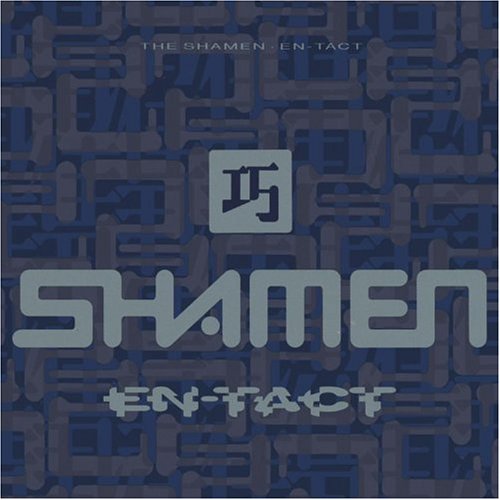
A great way to finish the weekend.

1969 - UK first pressing...
Island compilation. I wonder how much that would be in today's money taking into account inflation.
Nice end of the evening...

A busy weekend playing new additions purchased on Friday
Isley Bros / Santana - Power of Peace. I keep acquiring all the albums from Carlos but they are becoming progresively harder to listen to as I think he is now in a bit of a rut musically and his later work is mastered too loudly.
Stan Getz - Sax Moods. A 2cd set of the best of the Verve years.
The following albums were purchased for the princely sum of £1.50 in total
Fleet Foxes - Fleet Foxes
Bebel Gilbrto - Tanto Tempo
Damien Rice - O
and the following three Jack Johnson albums, In Between Dreams, Sing-a-Long Songs and Lullabies and lastly Sleep Through the Static.
Alan
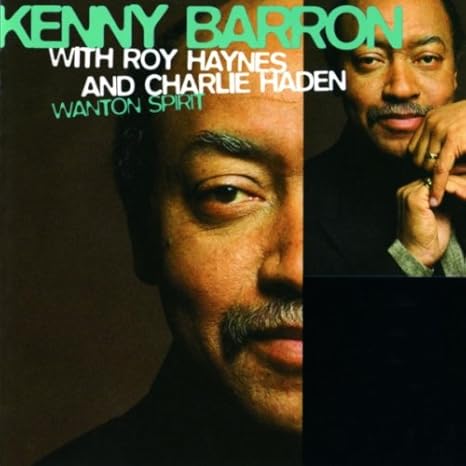
Now Playing.......

Jan Garbarek and the Hillard Ensemble - Mnemosyne
Jan Garbarek (soprano saxophone, tenor saxophone), The Hilliard Ensemble: David James (countertenor), John Potter (tenor), Rogers Covey-Crump (tenor), and Gordon Jones (baritone).
Streaming on TIDAL...... Just beautiful music, do not need much more of a reason then that.
From ECMReviews here:
To anyone who ever wondered why the Officium project needed a successor, this album provides a formidable answer. Whereas in its first effort this fearless fivesome built a program around relatively structured material, hundreds of concert performances and subsequent additions to their repertoire led the Hilliard Ensemble and saxophonist Jan Garbarek to the veritable medicine bag of expansive ideas that is Mnemosyne. Their deeper surrender to the art of improvisation makes for an even more self-aware effort this time around, and the resulting double album is nothing short of remarkable.
Spanning over three millennia, the uncannily cohesive program takes the project to unexpected heights. Its opening Quechua Song epitomizes the inner harmony of this inimitable partnership; a union that, not unlike the music it produces, is fleshed out through countless fragments drawn from worldly sources. While familiar territories abound—among them pieces by Tallis, Dufay, and Tormis—the addition of tenor and soprano saxophones renders them beautifully arcane. Even during those pieces in which the Hilliards sing alone, Garbarek’s presence is ever felt, hovering like a shadow in the corner of our vision. A particularly impassioned rendition of an Antoine Brumel Agnus Dei provides one of the strongest cases for this vocal/instrumental combination, as Garbarek expels an intensely visceral song that both scales the highest reaches and plumbs the shallowest coves of his surroundings. Though the album may have its weak moments (the medieval Novus novus, for example, is a little too compact to allow much room for a “fifth voice”), these are few and far between. In any case, the commitment that binds them never wavers, so that by the end of the first disc, which is capped by Hildegard von Bingen’s stunning O ignis spiritus, we realize this project has attained an entirely new level of melodic unity and ethereality. As the pièce de résistance of this collection, O ignis rises in a class of its own, made all the more unrepeatable by Rogers Covey-Crump’s inscriptions of untold mythologies. The haunting Hymn to the Sun by Mesomedes of Crete (2nd century) is another radiant success that writhes in captivating pangs of resolution. I must also commend Garbarek for his own two compositional entries: Strophe and Counter-Strophe, which makes attentive usage of the Hilliards’ variegated range, and Loiterando, with its likeminded choral astuteness and finely attuned brassy ornaments, both widen the scope of possibilities to be discovered.
In his monograph The Passion of Ingmar Bergman, Frank Gado argues that The Seventh Seal“is not radically about death at all; rather, it focuses on the terror of emptiness in life.” Similarly, the music of Mnemosyne preaches transcendence even as it gazes quietly upon the earth at its feet. That the album artwork is plastered with images from the selfsame film is no mere coincidence. The synthesis of sound and silence is like that of life and death: the two can never be entirely separated. What we have here is neither fusion nor a hybrid musical form. It is a perfectly symbiotic meeting of minds that banishes the darkness of criticism with its vigorous light. David James shows particular strength with every step he takes down these newly indeterminate paths, Covey-Crump and John Potter form a beautifully harmonized center, and Gordon Jones is the ever-present anchor of this darkly striated vessel. As for Garbarek, one can only listen and be enlightened.
Now Playing......

Jan Garbarek and the Hillard Ensemble - Officium Novum
Jan Garbarek (soprano saxophone, tenor saxophone), The Hilliard Ensemble: David James (countertenor), Rogers Covey-Crump (tenor), Steven Harrold (tenor), Gordon Jones (baritone), and Bruno Ganz (speaker).
Streaming on TIDAL....... Continuing on with Jan, last album of the evening......
Note from ECM Records found here:
The inspired bringing together of Jan Garbarek and the Hilliard Ensemble has resulted in consistently inventive music making since 1993. The unprecedented “Officium” album, with Garbarek’s saxophone as a free-ranging ‘fifth voice’ with the Ensemble, gave the first indications of the musical scope and emotional power of this combination. “Mnemosyne” (1998) took the story further, expanding the repertoire beyond ‘early music’ to embrace works both ancient and modern. Now, after another decade of shared experiences, comes “Officium Novum”, the third album from Garbarek/Hilliard, recorded, like its distinguished predecessors, in the St Gerold monastery. A central focus this time is music of Armenia based on the adaptations of Komitas Vardapet, pieces which draw upon both medieval sacred music and the bardic tradition of the Caucasus. The Hilliards have studied these pieces in the course of their visits to Armenia, and the modes of the music encourage some of Garbarek’s most impassioned playing. Alongside the Armenian pieces in the “Officium Novum” repertoire: Arvo Pärt’s “Most Holy Mother of God” in an a cappella reading , Byzantine chant, two pieces by Jan Garbarek, including a new version of “We are the stars”, as well as the Spanish “Tres morillas”. There is also a new account of Perotin’s “Alleluia, Nativitas”: the freedom of interpretation is testimony to the way the project as a whole has grown since its introduction on ECM New Series, with the Hilliard Ensemble now very much involved in the music’s improvisational processes and implications.
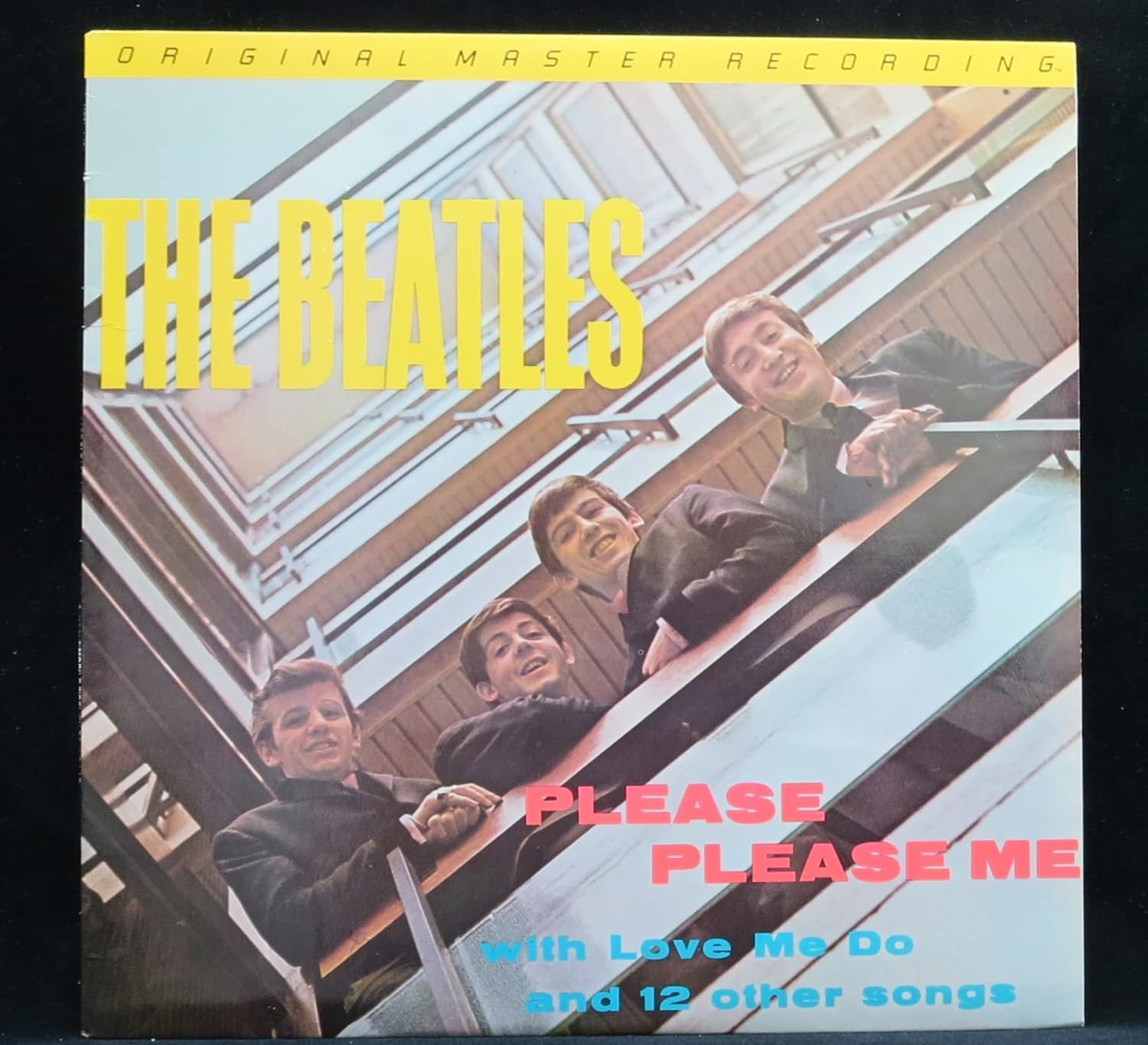
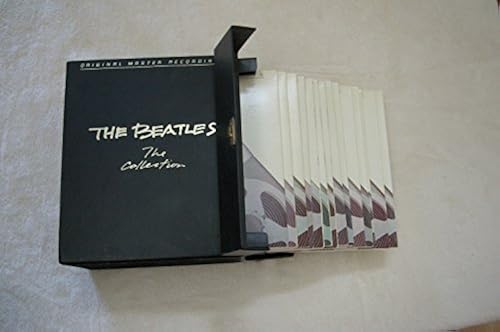
The Beatles. Please Please Me (1963). On MFSL vinyl from "The Collection" 1982. The MFSL Collection has been variously maligned, often for sluggish bass, but this particular pressing is the most immediate and impressive recording of Please Please Me I've heard. Best captures the band's energy and exuberance during the one-day session spent recording this seminal album.

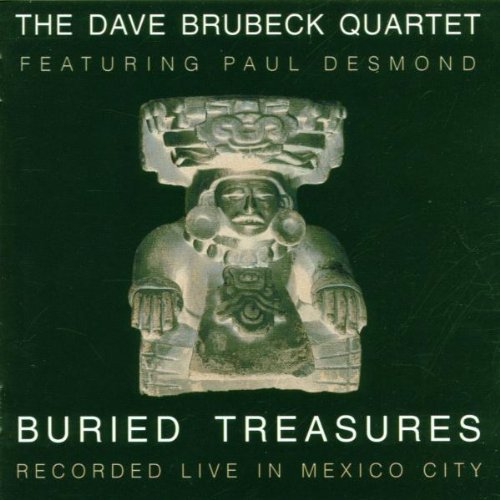
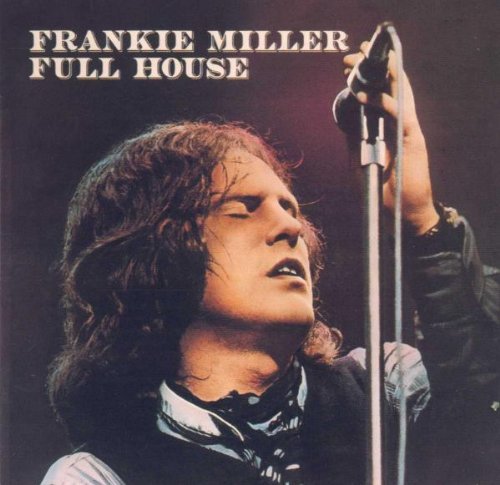
Frankie Miller - Full House.
Sun's out here in North Yorks, so I'm having some home-grown British soul while it lasts.
One of the UK's premier soul voices, IMHO ............... goan yersel' Frankie boy.
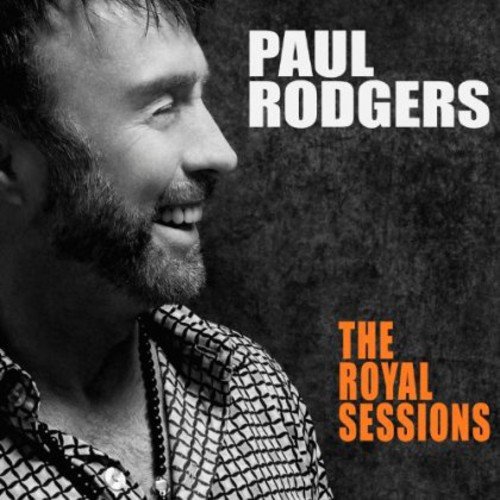
Paul Rogers - The Royal Sessions.
Another great British soul voice, this album features covers of many soul classics, all ably done by Mr. Rogers.
Now Playing......

Dominic Miller - Hecho En Cuba
Streaming on TIDAL........ Monday morning, and needed something to get me moving.....

1967 - UK first pressing...
R.I.P Ray Thomas...
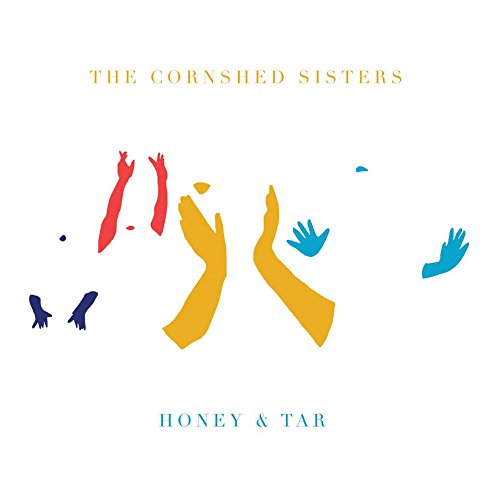
Renee Olstead - Skylark

A chance discovery, Ms Olstead puts her own spin on the American Songbook with some lovely ballads thrown in for good measure. Boy this gal can sing!
Weedpecker - III
This was my morning walk accompaniment, and it's really good - but quite different to their first two albums. Less stoner rock, more lighter psych prog. Still focussed on the twin guitars but with someone adding mellotron strings to fill it out.
And if you like this sort of thing...
...do try Astra. A West Coast bunch of hippies, their two albums The Weirding and The Black Chord. Both feature loads of mellotron and guitar stuff. It really is for old hippies...
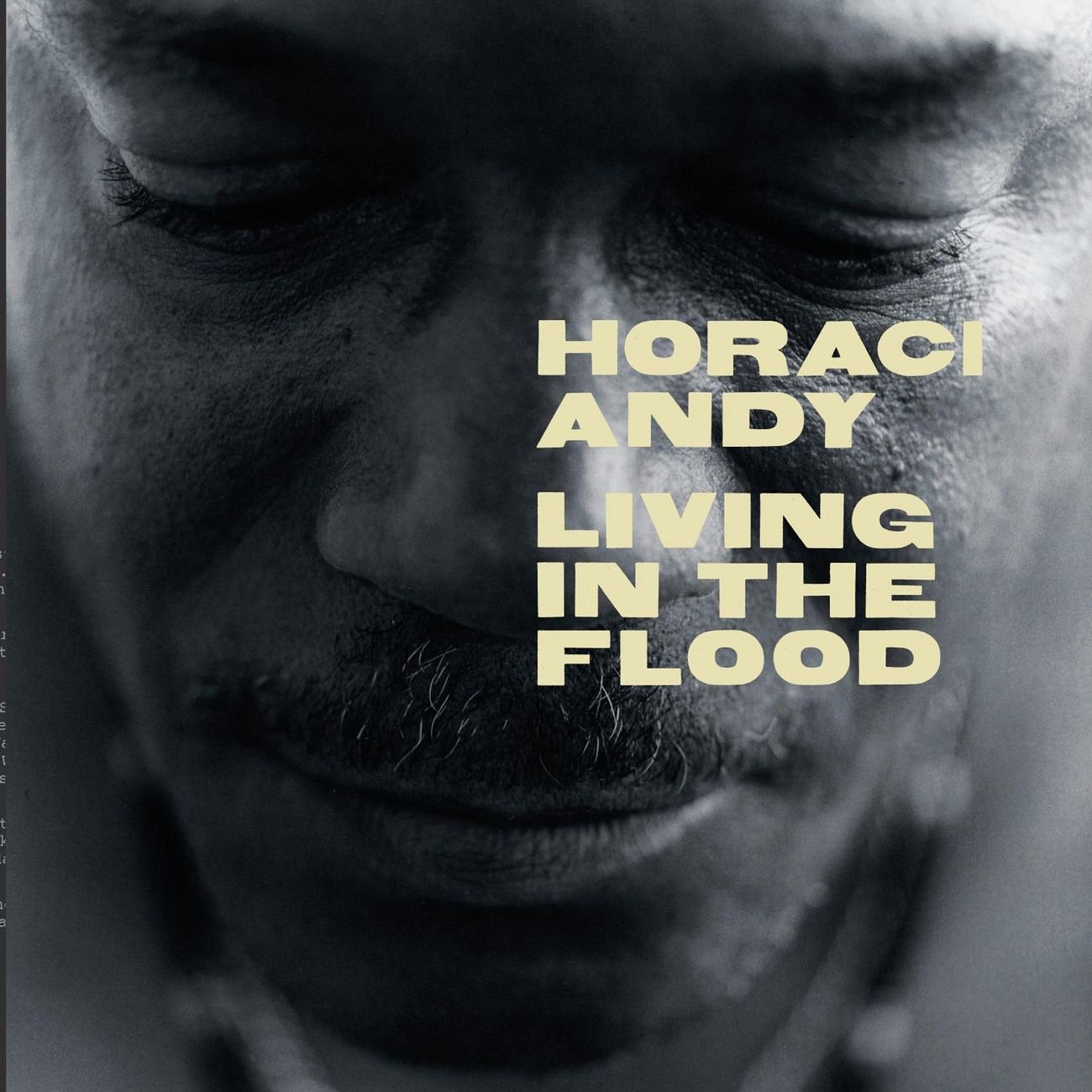
Horace Andy - Living In The Flood.
I seem to have started off the New Year listening by playing old favourites, rather than seek out new music, but when it's as good as
this, why not?
Personally, I just can't get enough of this album, and it's something of a bargain over on The River right now.
It's also available for Tidalising.
Now Playing.......

Horaci Andy - Living In The Flood
Streaming on TIDAL....... Going with the mention from DAVE MARSHALL above and taking Horacio out for a spin. Some very nice Monday morning beat......
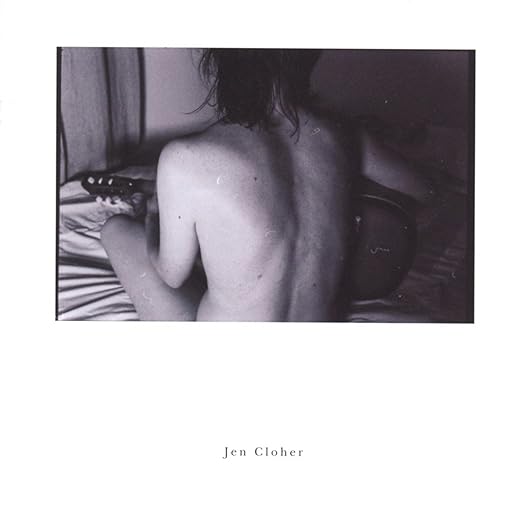
Woody Shaw - Solid

Allmusic.com:
This CD serves as a perfect introduction to the memorable but always underrated trumpeter Woody Shaw, who tragically had only three years left to live. Sticking to jazz standards (including "There Will Never Be Another You," a ten-minute rendition of "It Might as Well Be Spring," and a surprisingly effective up-tempo romp through "The Woody Woodpecker Song"), Shaw is heard in a quartet with pianist Kenny Barron, bassist Neil Swainson, and drummer Victor Jones, leading a quintet on two numbers with the up-and-coming altoist Kenny Garrett, and welcoming guest guitarist Peter Leitch to a sextet rendition of Sonny Rollins' "Solid." A gem.
J.S. Bach (1685-1750): Peter Hill (piano)
The Well-Tempered Clavier, Book I & II
Sometimes two people can say the very same thing differently. In music, this goes beyond insane as the notes (words) are exactly the same in every case but every interpreter confirms that indeed every fingerprint is unique. One could make a case supporting the extreme differences between the interpretations of Rosalyn Tureck and Glenn Gould in Bach. Polar opposites, indeed, but yet both interpretations teach us such marvellous insights and revelation in counterpoint not to mention opinion / personality. While I prefer Tureck's viewpoint more of the two and do also learn from the alternative extremes in seeing through Gould vision what I couldn't possibly have imagined in my own strength or will.
Along comes Peter Hill with his view of Bach. For the purposes of illustrations, let's just imagine Gould as the far, left progressive liberal and Tureck as the far right conservative. Hill, I think comes in just somewhere a little higher than the middle point between Tureck and the center. While Hill isn't as extreme with exact precision he is precise in a way that it doesn't stick out like that of Tureck. He does bend time occasionally with some well placed rubato here and there. Hill, I believe explores all manner of subtlety and intelligence within the music. This means he is sympathetic and humble yet he reels you in with the zeal of a missionary. Everything is quite overt yet done so without being pushy or with any ambition to be a showman or snake oil salesman.
Hill's tone is warm and bell-like in character allowing for a beautiful gradation and distinct voices in fugal counterpoint and wonderful development of the harmonies as they unfold in the preludes. Tempos are well judged (for me this means they are modest and not the of the typical speediness of most) and in general I would say his Bach is unforced and natural. The booklet notes, written by Peter Hill, are both scholarly and rather informative. Worth the price for this alone.
I could talk about the musical interpretation further but for now I want to mention something that fascinates me somewhat. One of the reasons I brought up Gould at the beginning is to mention his well known aversion to Romantic period music. His preferred foil, as a Bach specialist, was 20th century music such as the likes of Schoenberg, Hindemith, or Strauss. The interesting thing about Hill is that he is an expert in 20th century music and especially Messiaen, Stravinsky, Berg, Schoenberg and Webern. In the opposite fashion, he seems to play Bach rather convincingly as his foil.
Somehow, I never really got on with the 20th century / avant garde music that Gould and for what it is worth, Pollini too. I have a feeling though, judging by how Hill approaches Bach that I may find a way into the 20th century through the views of Hill?
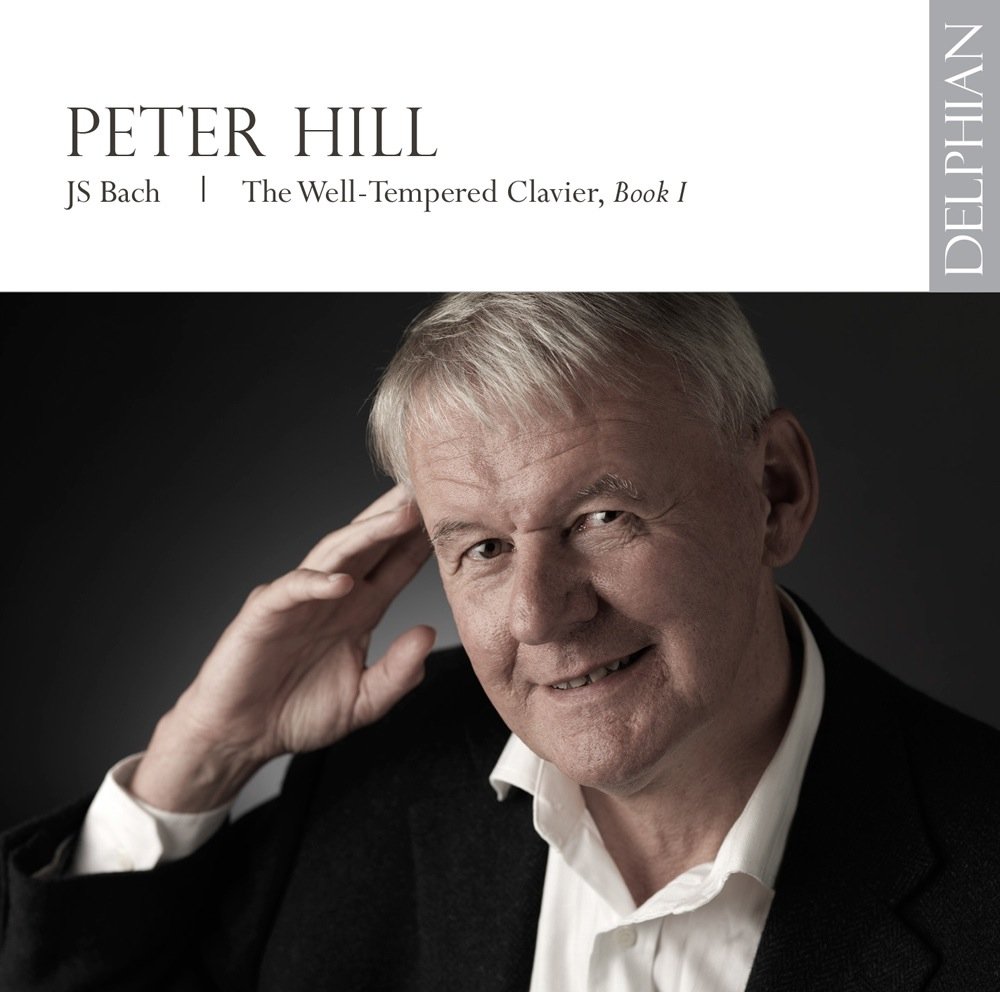
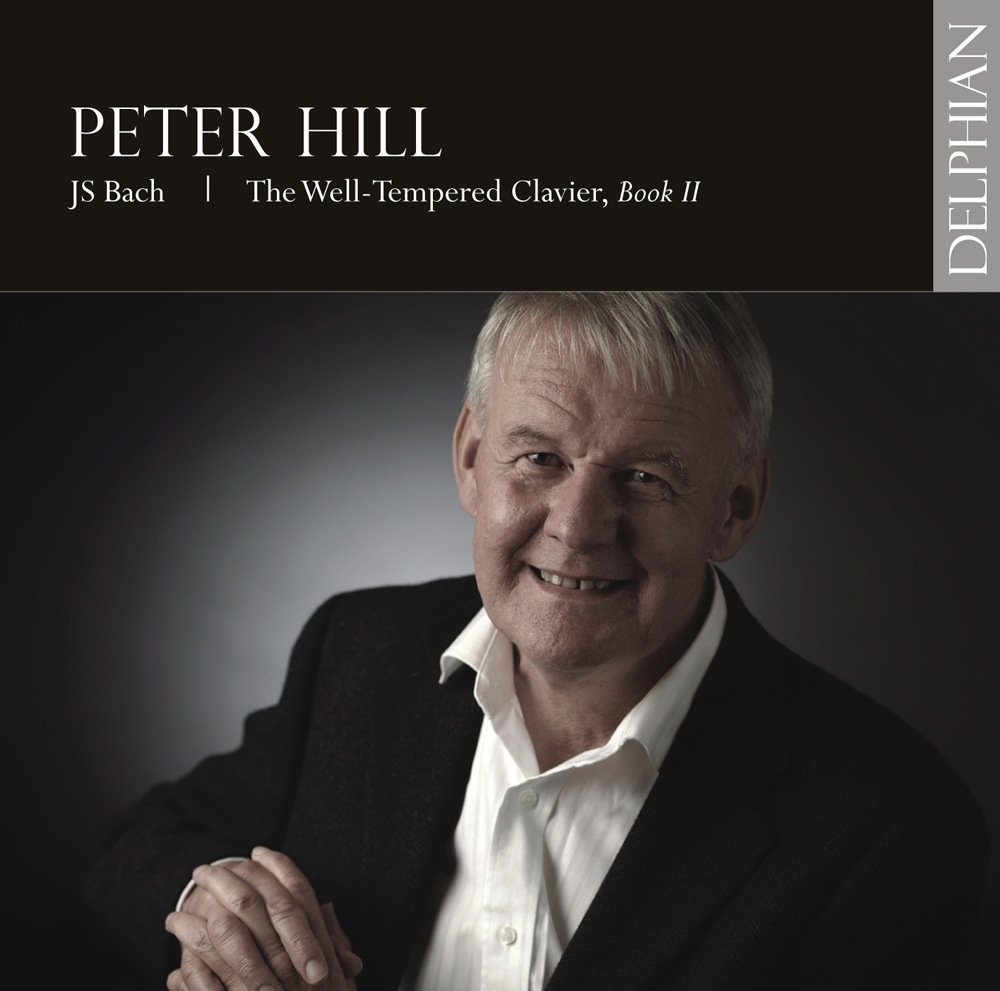
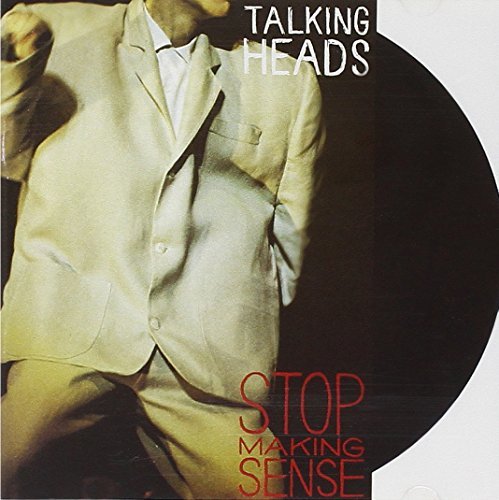
Talking Heads - Stop making Sense.
Still just playing old favourites Chez Dave ................ and this is surely one of the best live albums ever, IMHO.
Gina Chavez - Hangng Spoons

This is quite interesting.

My first recommendation for an Americana/Folk band to watch this coming year.
EP out at the moment album due out possibly March.
